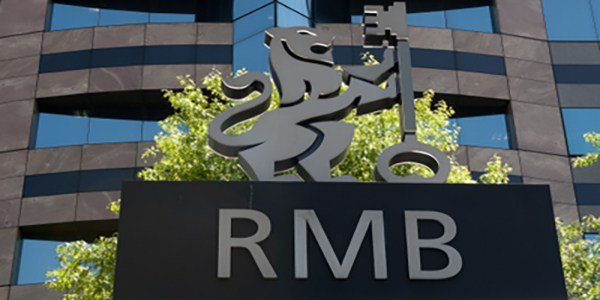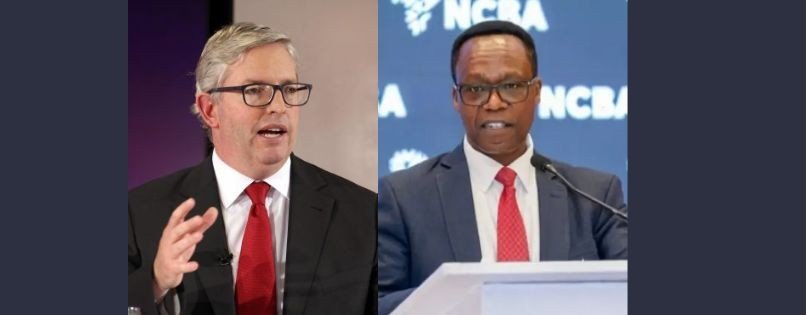

Rand Merchant Bank lists Key Issues for 2020
Rand Merchant Bank Nigeria Limited (RMBN) has drawn the attention of existing and intending investors in the Nigerian market to some key macroeconomic factors which they should watch out for in 2020. The session was themed: “Enabling the Nigerian Capital Markets.”
While presenting a macroeconomic review of the Nigerian economy, the Head, RMBN Stockbrokers Research, Mr. Gbenga Sholotan, highlighted the key factors at the RMB Private Capital Markets Business Breakfast Session in Lagos, recently.
Sholotan said: We just believe that as an investor, there are key things you should watch out for in 2020. One is inflation. I mentioned earlier on that inflation will be increasing.
“We have seen the first uptick since September. And one will also notice from the border closure that for the first time in September, we had a 1.3 per cent month-on-month increase in food inflation.
“And what that simply meant is that because of the land border closure, food inflation itself is up and that’s the highest we have seen in a decade in September. Because September/October is meant to be harvest season, but we have seen food inflation ticking up.”
He added: “So for us, we believe inflation is a risk in 2020 and we think it’s something investors should watch out for.
“So, border closure will really impact inflation, there is Value Added Tax increase, and also deregulation which might happen also.
“As at 2019, current account deficit was about $5.7 billion. That’s three per cent of Gross Domestic Product and for two successive quarters –Q1 and Q2, we have seen the deficit, and what has been driving this deficit is mostly services.” Sholotan said.
According to him, there has been increase in services, especially in terms of travels, healthcare, education.
“So, we think it’s something that investors should watch out for. So, based on our analysis, the current account could balance in 2020 if oil price comes around $64 on average”.
He anticipated that the country would achieve 2.2 per cent GDP at the end of this year; inflation of 11.4 per cent and that the Monetary Policy Rate would be maintained at 13.5 per cent at the end of the year.
However, Sholotan argued that Nigeria still remains the largest consumer market in Africa, making it a unique selling point for the country as an attractive investment destination.
He added: “It’s a place where consumption is big, so that’s a key selling point for Nigeria. From the labour perspective, Nigeria is the largest labour force in Africa and also from geographical perspective Nigeria is located around the Gulf of Guinea.
“Nigeria has a better access to developed market in terms of shipping and all that. So, these are things that really position Nigeria as an attractive investment destination for investors,” he added.

















